Season 3, Episode 1
Teresita
Teresa Urrea, Curanderismo, and the Borderland uprisings
November 19th, 2024
Curanderismo originated in Central and South America and is a form of folk healing that merges Catholic and indigenous ideas into its own unique practice. Today, curanderismo is practiced in many Mexican American communities throughout the United States. A curandera or curandero not only treats physical ailments, but also supernatural ones, and often serves as an important community leader. The curandera Teresa Urrea was a prominent figure in the Mexican-U.S. border uprisings of the 1880s and her story bridges the physical and metaphysical border between these two young nations.
Featuring Brett Hendrickson, Jennifer Koshatka Seman, and Grace Sesma.
FEATURING
Professor of Religious Studies at Lafayette College
Brett Hendrickson is a Professor of Religious Studies at Lafayette College in Easton, Pennsylvania. His teaching and research is in the areas of Latinx religious history, religion and healing, and religion in public life. Hendrickson's most recent book is Mexican American Religions: An Introduction published with Routledge in 2022.
Lecturer in History at Metropolitan State University in Denver, Colorado
Jennifer Koshatka Seman's research and teaching interrogates the intersection of race, gender, and spirituality in the borderlands and more broadly in the US and Mexico. Jennifer received her Ph.D. from Southern Methodist University and is currently a Lecturer in History at Metropolitan State University of Denver where she teaches courses in U.S. and Latin American history. Jennifer’s first historical monograph, Borderlands Curanderos: The Worlds of Santa Teresa Urrea and Don Pedrito Jaramillo, came out on University of Texas Press in 2021. Jennifer has also published articles in scholarly journals including “Laying-on Hands: Santa Teresa Urrea’s Curanderismo as Medicine and Refuge at the Turn of the Twentieth Century” in Bodies and Their Care in an American Secular Age, Special section of Studies in Religion/Sciences Religieuses (2018) and “‘How do I know…prayers don’t do more good than…pills’: Don Pedrito Jaramillo, Curanderismo, and the Rise of Professional Medicine in the Rio Grande Valley, 1881-1900,” in Journal of the West (2015).
Curandera and Community Worker
Grace Alvarez Sesma, of Yaqui/Mexican heritage, is regarded as a curandera in her community. As a community elder and healer, she is often asked to perform baby blessing ceremonies, offer opening prayers for gatherings and social justice actions, provide spiritual assistance to persons during end-of-life transitions, and facilitate family and community conflict transformation circles. Grace is also a cultural educator, presenting to medical organizations and academic institutions, providing cultural humility training, and working closely with healthcare providers to foster a deeper understanding of Mexican and Indigenous culture-specific health interventions. She is committed to creating an environment of mutual respect and collaboration among these diverse groups to provide genuine whole health care to Mexican, Latine, and Indigenous communities. She has lectured on Curanderismo at Pepperdine University, San Diego State University, the International Society for the Study of Subtle Energy & Energy Medicine Conference, CSU San Marcos, SDSU School of Social Work, and many other institutions. She contributed to the book Voices of the Ancestors: Xicanx and Latinx Spiritual Expressions and Healing Practices. She serves on the Elders Council of Yaquis of Southern California, the Consciousness & Healing Initiative (CHI) Practitioners Council, and the Association of Integrative Health & Medicine BIPOC Committee. In acknowledgment of her work, Grace was inducted to the MeCHA Mural at Chicano Park in San Diego, California, in 2024.
CREDITS
Host: Heather Freeman; Producer: Amber Walker; Editor: Lucy Perkins; Associate Producer: Noor Gill; Sound Design: Jennie Cataldo; Fact Checker: Dania Suleman; Executive Producer for PRX Productions: Jocelyn Gonzales; Music: APM Music and Epidemic Sound; Project Managers: Edwin Ochoa; Advisors: Helen Berger, Danielle Boaz, Yvonne Chireau, Chas Clifton, Abel Gomez, Daniel Harms, Corey Hutcheson, Sean McLeod, Sabina Magliocco, Thorn Mooney, and Meg Whalen; Guests: Brett Hendrickson, Jennifer Koshatka Seman, Grace Sesma; Funding and Support: The National Endowment for the Humanities and The University of North Carolina at Charlotte.
TRANSCRIPT
LEARN MORE
Podcast - “Curanderismo Roundtable,” Religious Studies Podcast
Hendrickson, B. (2014). Border Medicine: A Transcultural History of Mexican American Curanderismo. NYU Press.
Seman, J. K. (2021). Borderlands Curanderos: The Worlds of Santa Teresa Urrea and Don Pedrito Jaramillo. University of Texas Press.
See also Grace Sesma’s list of resources and books from her website.

